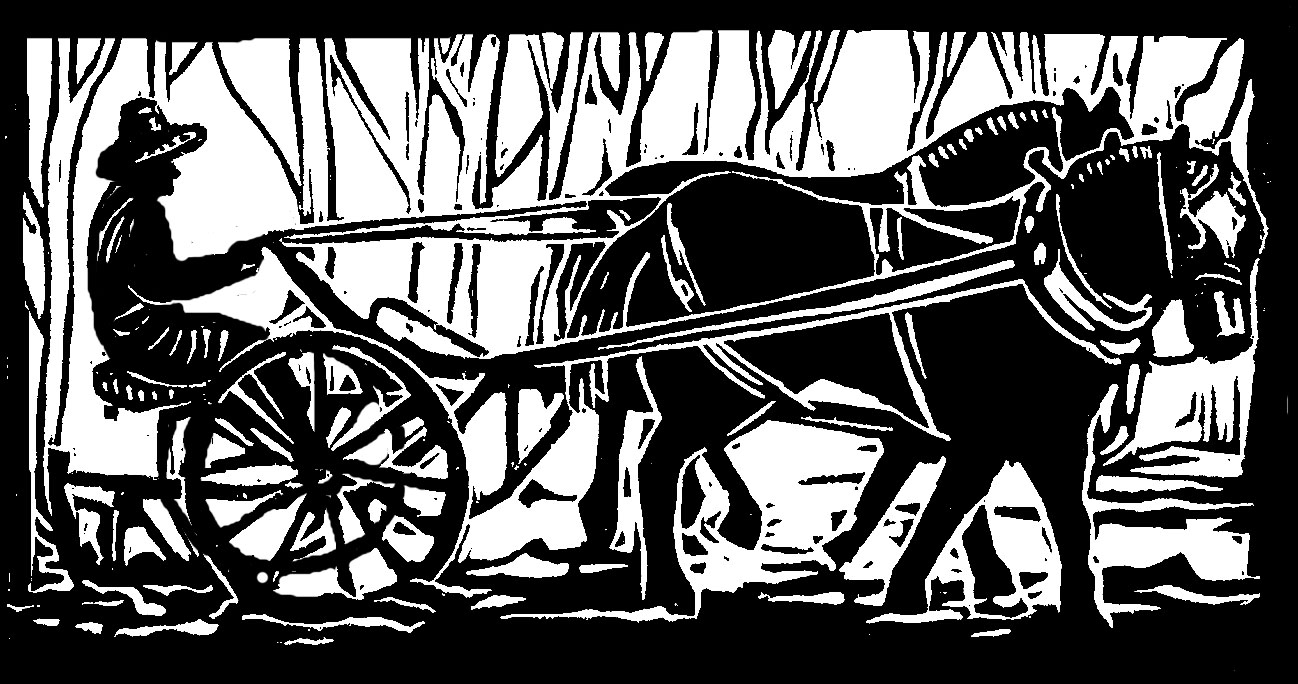September, on a vegetable farm, is all about food. Though we farmers are certainly grateful for the abundance of the harvest, we are also a bit daunted by the effect it has on our farm kitchen.
Every surface is covered with food. There are freezing projects, canning projects, drying projects, and pickling projects, all happening at once. Or more accurately, not happening, all at once.
The idea of squeezing time out of a full farming schedule to put food by for the winter is crazy, yet it seems crazier not to. After all, we’ve nurtured and labored over this beautiful, local, healthy produce for months; now we just need to labor over it all a little more so it will nurture us this winter.
“This is just important as weeding the cabbage, or putting in the cover crops, ” I announce, surveying the kitchen, trying to bolster myself for the task.
“That’s right,” agrees my fellow farmer.
But I am unbolstered. I hold my head and moan. “I don’t even know where to start.”
The five-gallon bucket of paste tomatoes? The several trays of zucchini, yellow squash, and cucumbers? The mountain of basil? The heap of peppers? The mound of beans? The limp pile of Swiss chard?
I want to give up, and try to put my head in my arms on the table. But the table is completely covered in heirloom tomatoes, waiting to become sauce and salsa.
Luckily, my fellow farmer is a man of decision and action in both field and kitchen, and he steps boldly up.
“All right!” he says, “This chard is too tired to freeze. Let’s compost that.” “But we could have it for supper?” I suggest.
“Nah,” he says, “We’ll go get fresh chard if we want if for supper. This is from last week. And these cucumbers are dried out. Let’s compost these.”
“But we could have them for supper?” I repeat.
“Nah,” he says, tossing the sad little cucumbers in the compost bucket. “And this basil? This is too far gone.”
“Supper?” I say. “I hate to waste perfectly good food.”
“But it’s not perfectly good food,” my fellow says reasonably. “It was perfectly good food. Now it’s tired, dried out old food, that would be really good for the compost. We want to preserve the best, freshest produce, so it keeps. The farmers are supposed to eat well, remember?”
“Yeah. But the farmers are supposed to eat or preserve all this best, freshest produce before it gets tired and old.”
My fellow pats me sympathetically on the back. “The farmers can’t do everything. They’re doing the best that they can.”
“They are?” I say doubtfully.
“Yes!” my fellow answers firmly. “Now let’s work on this together. I’ll get these paste tomatoes on the dryer, and maybe you could cut those others up for sauce.”
I edge out a tiny space to work and start cutting, repeating soothing mantras to myself: We’re doing the best that we can. We can’t do everything. We hardly waste anything. It will be good for the compost. We should eat well. And, my best mantra: it’s mighty nice to have food in the winter.
My fellow and I make tremendous progress, clearing out the old and putting by the new. The sink reappears. Counters reappear. Even the table reappears.
It has taken far more hours than we imagined, like most things on a farm, but now we admire our beautiful jars of sauce and pickles, our drying herbs and tomatoes, our frozen beans.
We are caught up until the next flood of food. We sit down, and admire our clear and clean table.
Our clear table. Completely clear. Breathtakingly clear. And here it is, supper time. We’ve got lots of room to eat our nice supper.
Except. Nobody’s planned supper. Nobody’s made supper.
There’s no supper.
We farmers look pathetically at each other. We groan.
September. It’s all about food.
Originally published in the Monadnock Shopper News, Sept 4 – Sept 10, 2013

